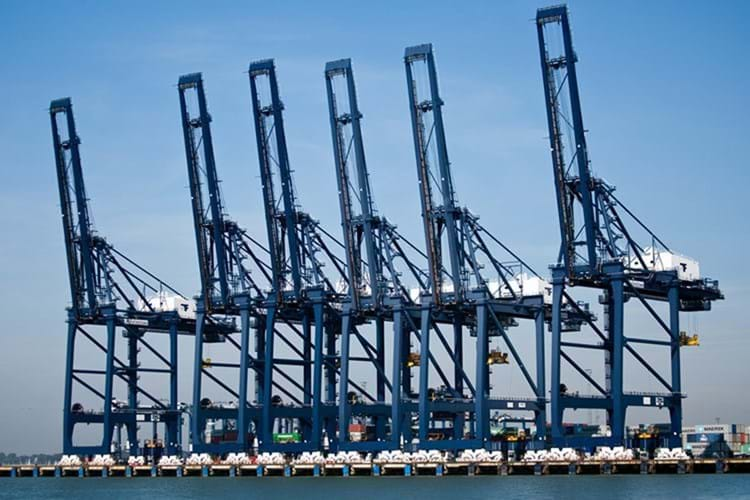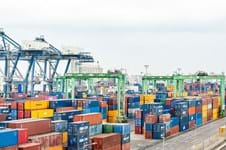International freight costs have dramatically increased and priority has been given to essentials such as food, medicine and personal protective equipment.
Victor Khureya, executive operations director at art logistics specialist Gander & White, said: “It is currently possible to ship art and antiques internationally but it is very expensive and is not cost effective. Many clients have decided to wait.”
An easing of some restrictions is expected this week following an update from the government on May 10. However, this is unlikely to change the export situation immediately.
Many items of art, antiques and collectables more than 50 years old are deemed cultural goods and must be accompanied by an export licence – which have been unavailable since the Export Licensing Unit (ELU) closed in March.
Khureya said: “There are many items waiting for licences before they can be shipped. There will be a backlog once the unit reopens, which will cause further delays.”
An Arts Council spokesperson told ATG that “due to the Covid-19 crisis the ELU has closed until further notice. We understand that this may be frustrating for exporters, but we are monitoring the situation closely and will reopen as soon as we are able.”
Applications which were in progress at the time of closure have been put on hold. These will be processed first when the ELU reopens, with new applications then considered “in strict order of receipt”.
Temporary export licences that are due to expire during the lockdown period will be extended automatically and there will be no sanctions for non-return before the original expiry date.
Read about how the latest export figures support optimism for future art and antiques exports.















